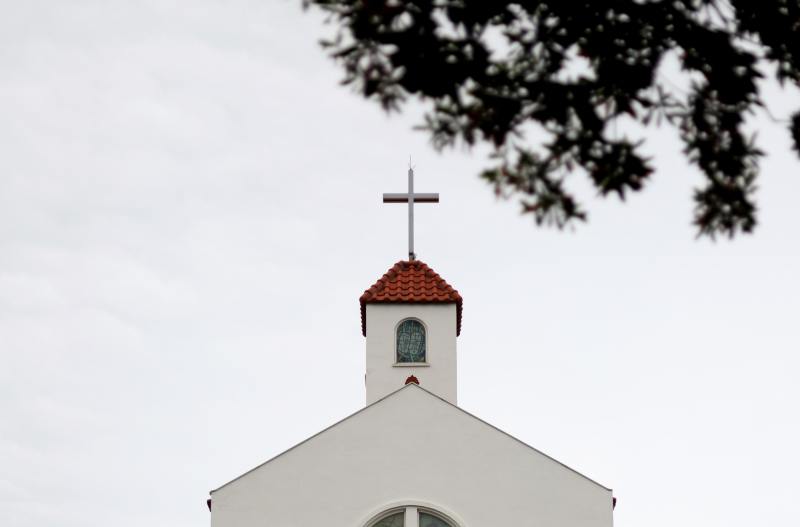
The historic First Baptist Church in Williamsburg acquired a $3 million grant from the Lilly Endowment Inc. The money they receive will be used to reconstruct the church's original structure.
The $3 Million Grant from the Lilly Endowment Inc.
A report from the WYDAILY stated that a grant of $3 million had been awarded by Lilly Endowment Inc. in order to fund a project that will investigate, reconstruct, and illustrate the Historic First Baptist Church in Williamsburg. The Colonial Williamsburg Foundation was the recipient of the grant money. They intend to use it to create a financial endowment that will provide long-term support for the religious interpretive staff at the site and direct funding toward reconstructing the church's original structure. Moreover, the grant will kick off a matching gift challenge, requiring Colonial Williamsburg to generate an additional $1 million for the project by the end of October.
The Let Freedom Ring Foundation, Colonial Williamsburg Foundation, and First Baptist Church descendant community are working together on the First Baptist Church project. As mentioned, the Colonial Williamsburg Foundation also received a $2.5 million grant from Lilly Endowment Inc. in their first year of building the First Baptist Church in 2020.
The First Baptist Church is known as one of the nation's earliest Black Baptist congregations, as it was established in 1776 by Black worshippers who were enslaved and free. After archaeologists discovered the church's original substructure buried beneath a parking lot in 2021, 13 News Now has been covering the ongoing efforts to unearth the history of the historic First Baptist Church ever since that year.
The effort carried out with the blessing and direction of descendants of the church has led to significant discoveries. A couple of building foundations that date back to the early 1800s are one of the things that were found. On the other hand, researchers have uncovered increasing burying grounds. Specialists discovered nearly 30 graves in March of 2022. According to Jack Gary, who serves as the superintendent of archaeology at Colonial Williamsburg, they have found sixty as of Thursday.
Moreover, the grant funds will support essential aspects of the projects, such as rebuilding the church's original construction. A religious interpretive staff and re-enactors will be paid out of an endowment established due to the funding. It will also contribute to the story of the history of the church. Accordingly, Colonial Williamsburg intends to reopen the meeting house to the general public in 2026 once it has been rebuilt. There is also a possibility that Lilly Endowment Inc. will give an additional $1 million if Colonial Williamsburg generates the same amount by October 31.
History of the First Baptist Church of Williamsburg
In 1776, a group of brave enslaved people and free blacks in Williamsburg, Virginia, set out to establish the First Baptist Church of Williamsburg. These individuals desired to venerate God in a manner that was unique to them. As per the First Baptist Church, they initially followed the guidance of Rev. Moses, a free black itinerant minister. They constructed a brush arbor at Green Spring Plantation, a few miles from town, to secretly meet in song and prayer.
Before the Civil War, the congregation became known as the African Baptist Church, and in 1856, they dedicated a brand new masonry church near the carriage house on Nassau Street. This building would serve as the congregation's church home for the next 100 years. In 1863, the community decided to change the name of their church to the First Baptist Church of Williamsburg. Since 1956, the congregation has been serviced by the current church, which is located at 727 Scotland Street.


















